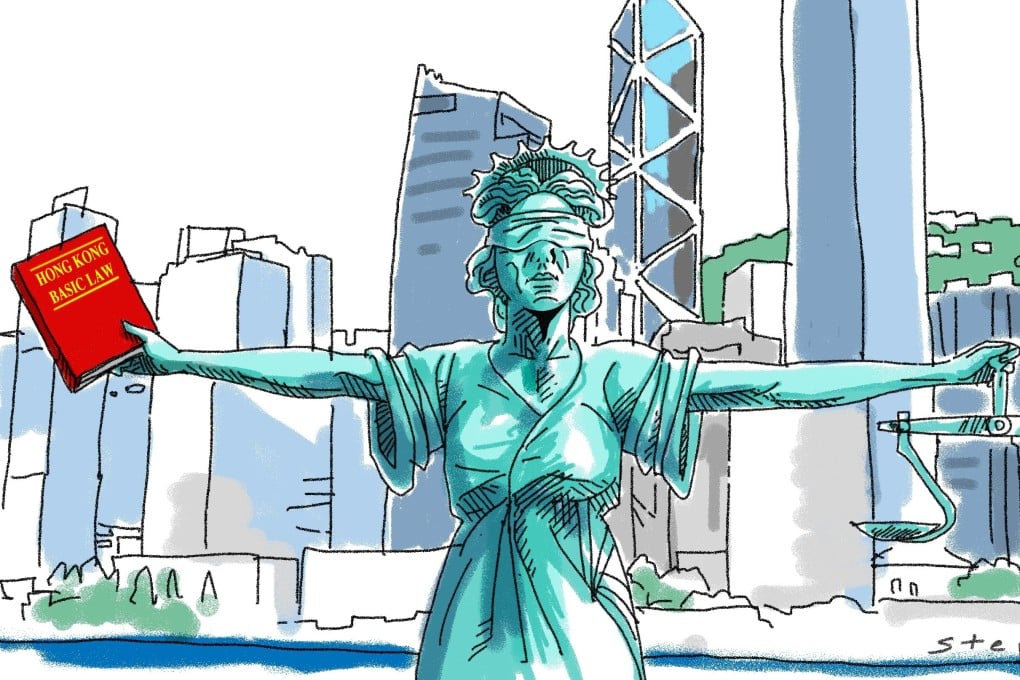Opinion | Why the Basic Law is the best safeguard for Hong Kong’s prosperity and stability
- From topping global IPO rankings to its large offshore renminbi market, independent judiciary and bilateral trade and other agreements, the special administrative region has come a long way under ‘one country, two systems’

On April 4, 1990, the Basic Law of the Hong Kong Special Administrative Region (HKSAR) was adopted by the seventh National People’s Congress of China. It enshrines the basic policies of the People’s Republic of China regarding Hong Kong and provides a solid constitutional basis for the implementation of “one country, two systems”.
Looking back, we must not forget the purpose and mission of the Basic Law. It clearly states that Hong Kong has been part of the territory of China since ancient times and is an inalienable part of the country. It is a special administrative region enjoying a high degree of autonomy under the central government.
Upholding national unity and territorial integrity, maintaining the prosperity and stability of Hong Kong, and taking account of history and realities, the “one country, two systems” principle was put forth by Deng Xiaoping as a way to preserve the characteristics and strengths of Hong Kong as much as possible and to enable Hong Kong citizens to maintain their way of life.
In the 22 years since its return to the motherland, Hong Kong has weathered different challenges and, on the whole, the implementation of “one country, two systems” has been successful.
Leveraging on our strengths of a free-market economy, the rule of law, an independent judiciary and the free flow of information, and with our country’s strong support, Hong Kong has developed into an international financial, trade and transport centre and attracted more than 9,000 overseas and mainland companies to establish offices here, with many making Hong Kong their regional headquarters in the Asia-Pacific.

